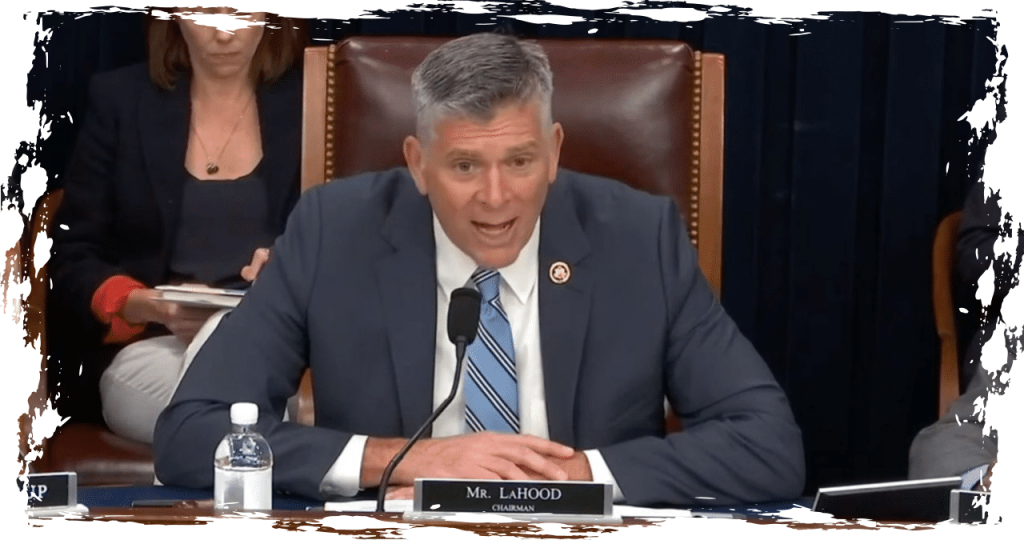Congress is taking action in response to the widespread fraud and improper payments that plagued the unemployment insurance program in Illinois and across the nation during the pandemic. As reported by The Center Square, lawmakers are stepping in to address these issues and ensure the integrity of the system.
During the COVID-19 pandemic, fraudsters have caused a massive loss of approximately $100 billion to $135 billion, as per the Government Accountability Office. Illinois, alone, suffered a loss of $3.2 billion due to fraudulent activities.
According to the Chair of the U.S. House Ways and Means Work and Welfare Subcommittee, Illinois’s very own Representative Darin LaHood, the focus is on discovering how Congress can contribute towards the restoration of the unemployment insurance program’s credibility and reliability. This comes after the unprecedented challenges that the program faced during the pandemic, including identity theft, fraud, and lengthy claim delays.
The pandemic brought a surge of fraud cases in California, causing significant damage.
U.S. Representative Michelle Steel, from California, has shared that the Pandemic Response Accountability Committee reports that the state had sent $800 million in pandemic unemployment benefits to around 45,000 prisoners. Steel believes that the improper distribution of benefits to prisoners, scammers, and international gangs, among other factors, has contributed to California’s federal unemployment insurance loan balance of $18.3 billion owed to the federal government.
The Protecting Taxpayers and Victims of Unemployment Fraud Act has been passed by the U.S. House. This act is designed to enhance the integrity of the program, retrieve lost funds, and prevent any future occurrences of fraud.
According to LaHood, during economic crises like the Great Recession of 2008 and the ongoing COVID-19 pandemic, states often receive less than half of the federal tax revenues that employers pay to support the UI program.
LaHood stated that the tax revenue allocated for UI administration is not being utilized by state agencies to implement necessary system improvements.
During a recent Ways and Means Work and Welfare Subcommittee hearing, witnesses highlighted crucial areas that need reform in the UI program to enhance efficiency and accountability. They identified the need to bolster program integrity by implementing identity verification and advanced technology, broaden reemployment services to enable speedy reentry into the workforce for those receiving unemployment benefits, and ensure that states receive funds allocated to help them manage the UI program.
